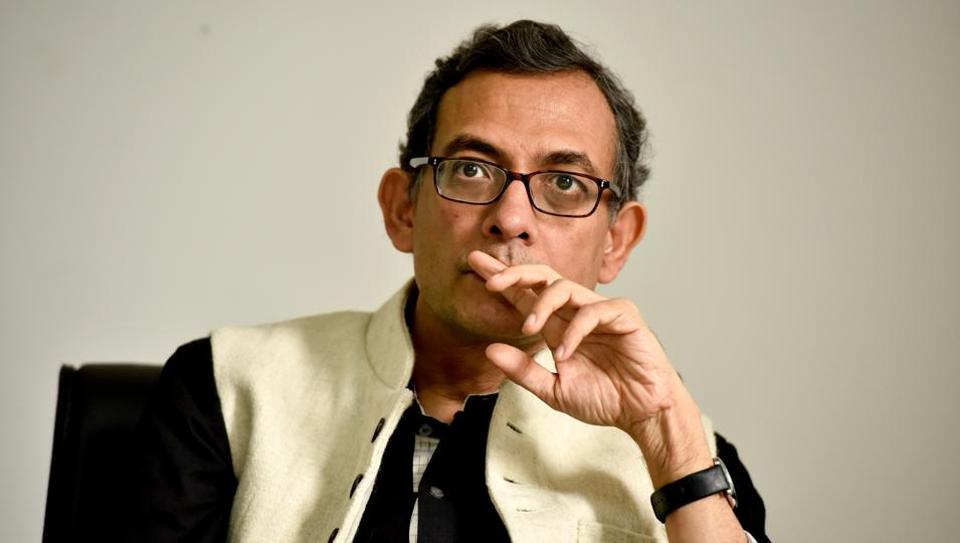Last year, Indian-American economist Abhijit Banerjee was awarded the Nobel Prize for Economic Sciences. Banerjee along with Esther Duflo and Michael Kremer, was awarded the Nobel Prize for their contribution in using the Randomised Control Trials (RCTs). The RCTs is method of finding out the influence that a certain policy intervention has on an outcime or event.
Earlier, RCT was popular only in the field of biomedical and health research. But now social scientists too have started using the method for gauging the impact of policy interventions on a target population. As of now, the US is the most popular destination for RCTs, where most researchers conducting the randomised trials are based. However, India too is not far behind and tops the list after the US in terms of the popularity of RCTs. According to American Economic Association, 247 RCTs have been conducted in India since 2012.
Writing for The Print, former Principal Economic Advisor to the Government of India, Ila Patnaik opines that India has emerged as a popular destination for researchers to conduct RCTs owing to several reasons including large pool of subjects (poor people), relative safety of researchers, and the use of English in most parts of India. However, the most important and worrisome factor is the lack of a legal framework to govern the conduct of non-clinical trials, similar to the ones conducted by Abhijit Banerjee. While India formulated guidelines for biomedical and health research involving human participants in the year 2017, non-clinical trials remain largely ungoverned.
Many countries have guidelines which ensure that RCTs are conducted ethically. These guidelines may for example, require that those on whom the randomised trials are conducted should be the ultimate beneficiaries of its policy implications, or that the researcher should take the consent of those upon whom the non-clinical experiments are to be conducted. Apart from this, the guidelines may bar geotagging of subjects, administering tablets to children, asking them to watch violent videos or giving monetary incentives for bribing public servants.
Kenya, Malawi, and many other poor countries have framed guidelines to regulate the RCTs. Therefore, India remains a popular option for conducting those experiments which cannot be conducted in most other countries. The researcher usually requires approval from the University Institutional Review Boards (IRBs) or ethics boards, to which he is affiliated. These IRBs usually require the researcher to follow the country guidelines. But with a country like India where guidelines are yet to be framed, the researcher is usually in a position to get a green signal for conducting such experiments that might not be approved in case of other countries.
While conducting experiments in India, the researcher enjoys a capricious position as there is no regulation governing his conduct. The interests of the subjects remain largely unprotected. Very often their consent is not recorded, and the gross violation often goes unrecorded. Since, there are no guidelines on how the researcher ought to conduct the non-clinical RCTs, the research subjects are almost always at the risk of potential abuse.
India has gradually emerged as a popular option for those conducting non-clinical RCTs. The Nobel Prize to Abhijit Banerjee also comes as a shot in the arm for such tests. India is therefore looking at a situation where more such experiments will inevitably be conducted. But as we have seen such experiments expose the research subjects, that are also poor and vulnerable sections of the society, to potential abuse and harassment. It is now up to the Parliament to enact the legislative framework governing such experiments. A regulatory body must also be set up to supervise such RCTs in order to prevent the potential abuse of those on whom they are conducted.
